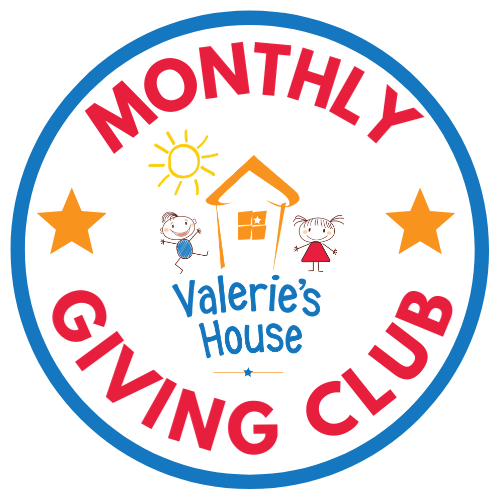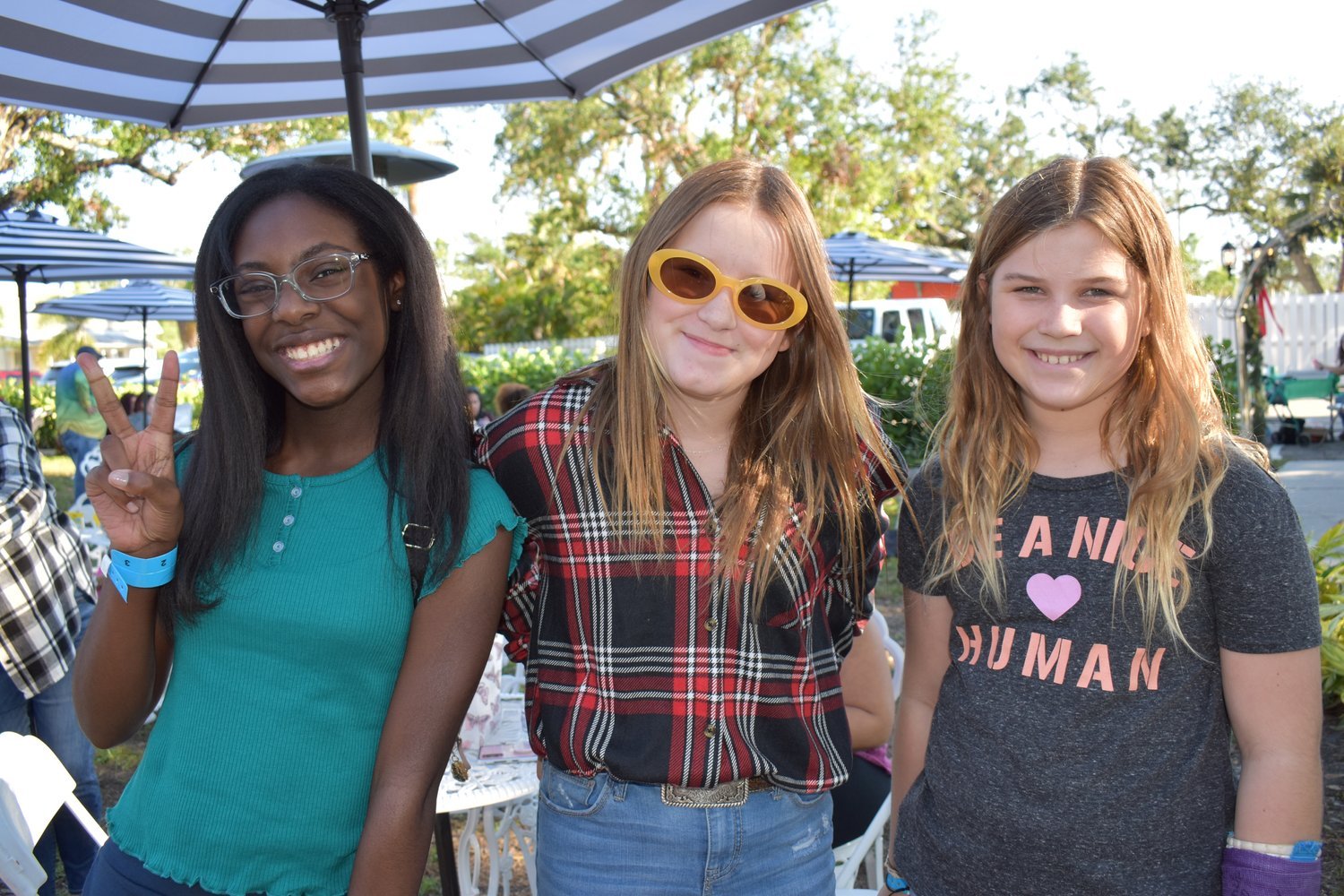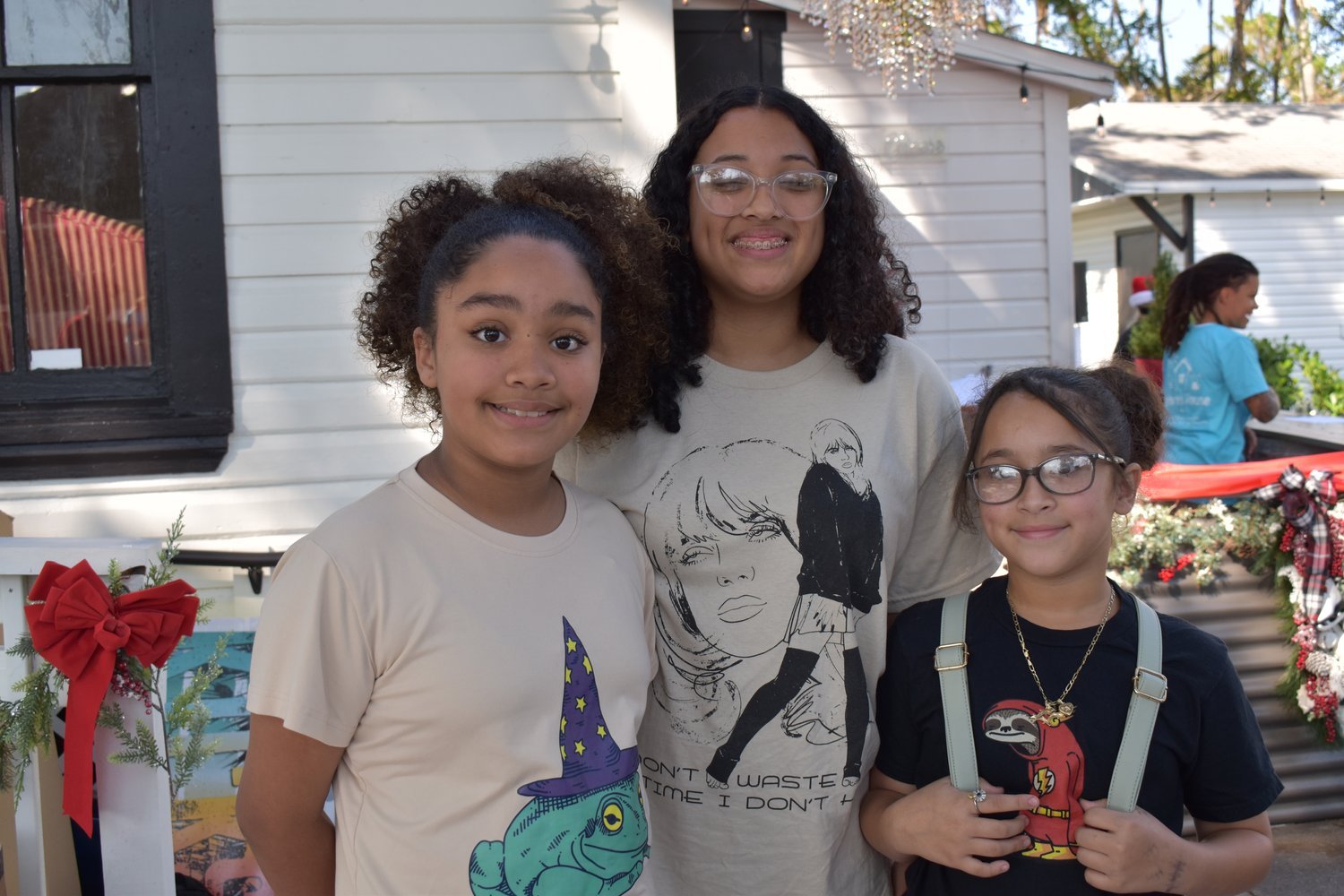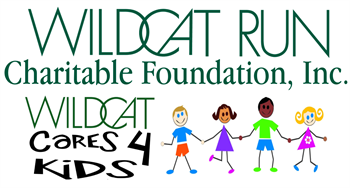Back to School - Supporting Grieving Children for Educators and Parents
/Students, teachers, and parents everywhere are gearing up for another school year, and this can bring a variety of feelings and emotions for children who are grieving the loss of a loved one.
As the grown-ups in children’s lives, we want to be as aware and prepared as possible to create an environment in which our children who are grieving can feel safe to feel their feelings. At best, we want to create a space for them to express and heal. At the least, we do not want to cause further harm or pain to their already hurting hearts.
Grief can take on a number of different “looks” in children, which is why we grown-ups need to be aware of the many faces of grief.
Some of the faces of grief that educators, school counselors, principals, and parents might see…
1. Over-achieving. Some children who are grieving the loss of a loved one may dive into their school work and extracurricular activities as a way to distract themselves from their pain or attempt to “make up” for the heartache and pain their family is feeling.
What to do when you notice a child who is grieving over-achieving?
· Give them permission to fail, mess up, or get it wrong. Share examples of successful famous people or people from history who have messed up. Michael Jordan is famously quoted saying, “I’ve missed more than 9,000 shots in my career. I’ve lost almost 300 games. Twenty-six times I’ve been trusted to take the game-winning shot and missed. I’ve failed over and over and over again in my life. And that is why I succeed.”
· Encourage their effort. Saying things like, “Wow, I love the courage it took for you to write this paper,” instead of, “Great job! You made another ‘A’!” can give them positive feedback on their character trait without emphasizing their performance.
2. Distraction and difficulty focusing. Many children who are grieving have brains that are full of fears, worries, ideas, and memories. They are often preoccupied with thoughts like, “What will happen to me if my Dad also dies now?” or may even be blaming themselves, “If I had remembered to give him the medicine, maybe he wouldn’t have died.” They are often carrying BIG thoughts and feelings that they do not share freely.
What to do when you notice a child who is grieving who is distracted and having difficulty focusing?
· Give them reassurance and an option. “I know you have a lot on your mind today, and that’s ok. Would you like to write or draw pictures in your journal?”
· Give them an opportunity to take a break. Work with the parent/guardian and other school personnel to create age-appropriate options for them. Visiting the guidance counselor, watering the school garden, reading to a younger student, and having their own journal ready in class to use are a few ideas.
3. Anger. Many children who are grieving are angry, and this is normal. They may not understand why their loved one died. They may feel abandoned. They may feel they could have prevented it and be angry with themselves. They may be angry at adults in general. It’s ok for kids to be angry. It’s not ok for kids to take their anger out on others.
What to do when you notice a child who is grieving is angry?
· Create a way for them to safely express it. This varies according to age, but even allowing a child to express, “I am so mad right now,” and answering them with, “I can see you are so mad right now, and that is ok,” goes a long way. Having a stress ball to squeeze as hard as they can may help. Encouraging them to run as fast as they can at recess PE can help. Reaching for their journal to color or write about it can help. Taking deep breaths can help.
4. Sad and/or withdrawn. Children who are grieving the death of a loved one can feel very sad, hopeless, and not feel like interacting with classmates or teachers. This is normal.
What to do when you notice a child who is grieving is sad or withdrawn?
· Acknowledge it. You can quietly say to them, “I notice you seem sad today.” And give them space to respond.
· Invite them to share, but allow them privacy and space if that is what they need. “I can see that you seem sad and seem to want to be alone. Would you like to share more with me?” or “Would you like to go talk with ___guidance counselor?”
Give them grace and understanding. Children who are grieving have had their entire worlds turned upside down. Depending on their age, they may not even fully grasp the finality of it. They may or may not know the circumstances for which their loved one died. They may have witnessed the death. They may not have been able to say goodbye. They may have had an argument with their loved one before they died. Keep an open dialogue with their parent or guardian and work together to provide ways to support the child.
We, as the grown-ups in grieving children’s lives, can provide a lot of comfort, peace, and strength for them simply by acknowledging their feelings and being with them in it.
Check out the podcast episode here!


















